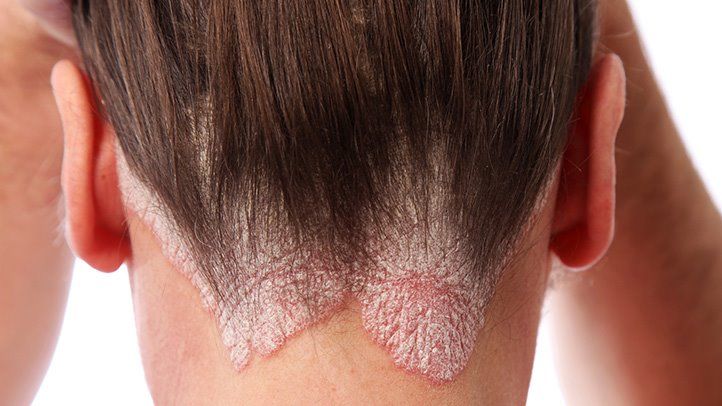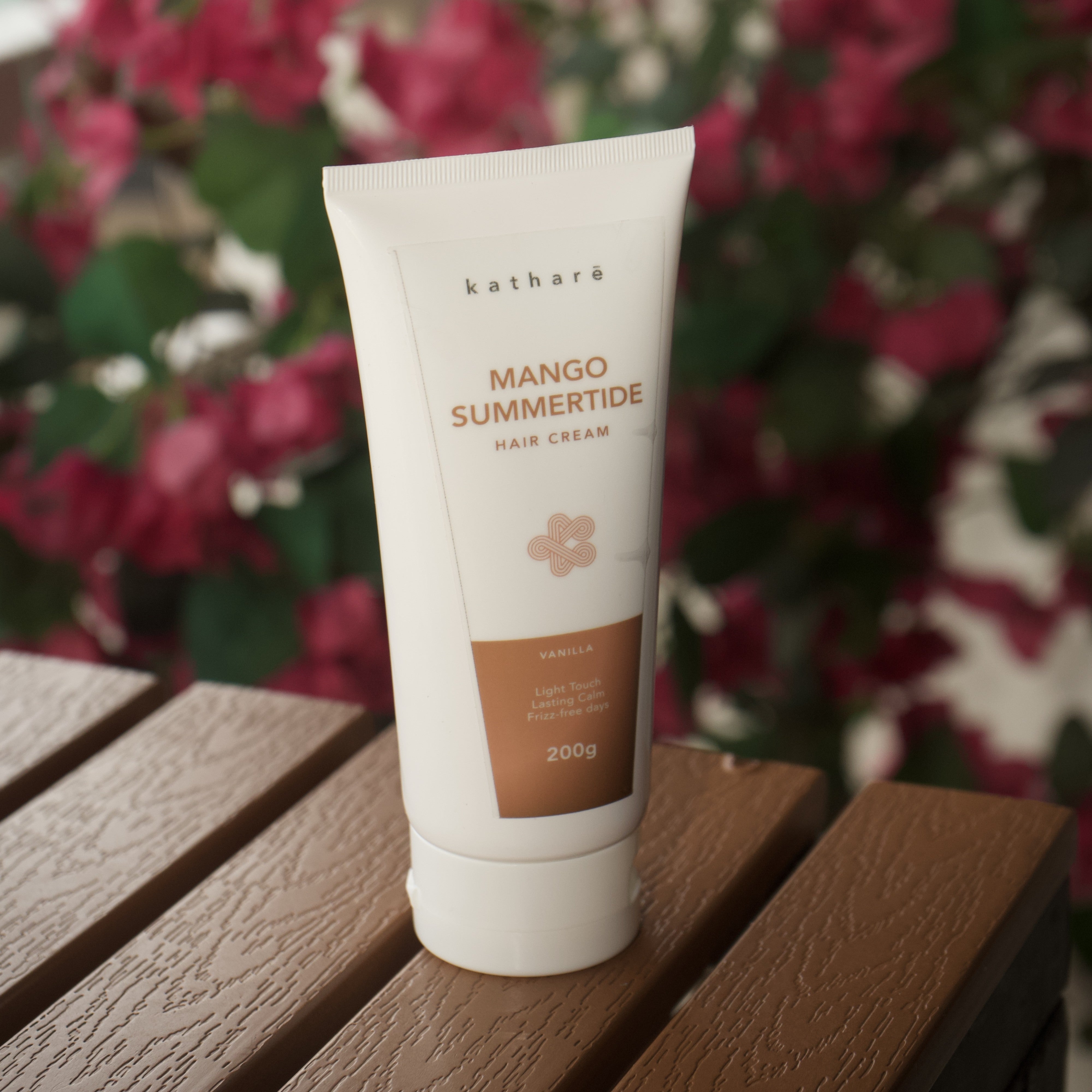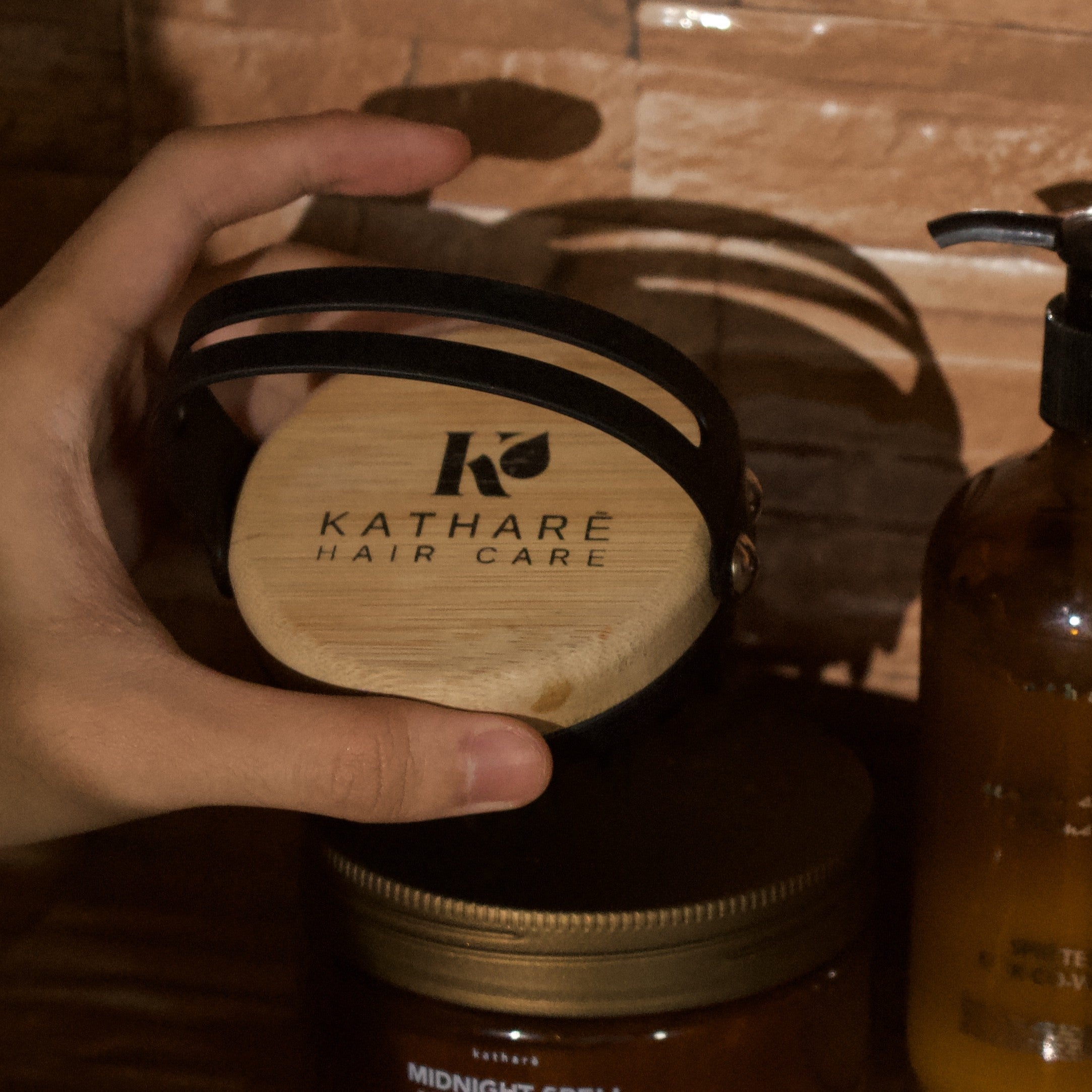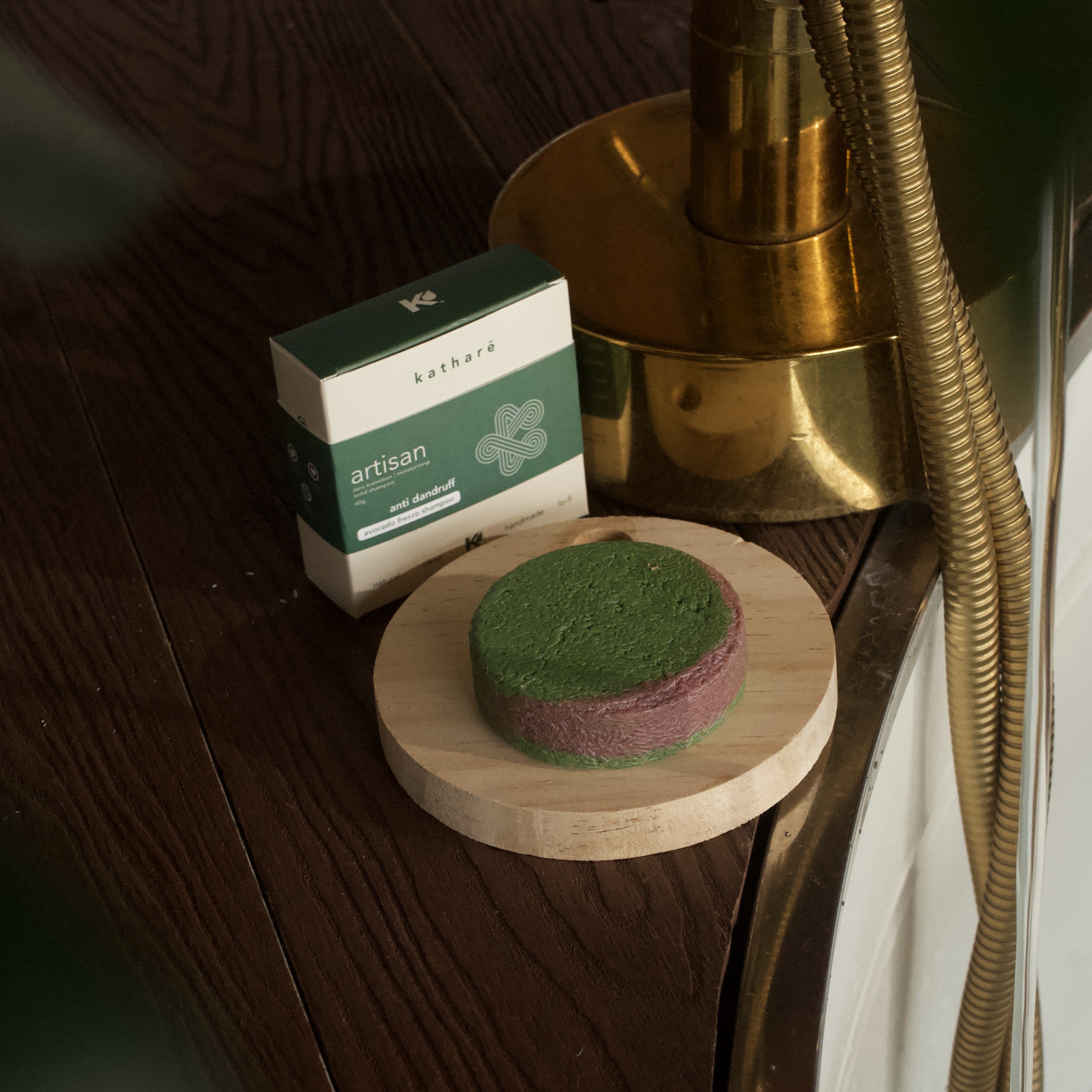Scalp psoriasis is a chronic autoimmune condition characterized by rapid skin cell buildup on the scalp, leading to red patches covered with thick, silvery scales. It's a subtype of psoriasis, causing inflammation and abnormal skin cell turnover.
The symptoms of scalp psoriasis can vary from person to person but often include:
- Red patches of skin on the scalp.
- Silver-white scales or plaques on the scalp.
- Itching or soreness in the affected area.
- Dry scalp that may crack and bleed.
- Hair loss in severe cases, due to scratching or as a result of the condition itself.
Scalp psoriasis ranges from mild, with small patches, to severe, covering larger areas and extending beyond the hairline. While uncomfortable and potentially embarrassing, it's not contagious.
How to treat Scalp Psoriasis?
Use a medicated shampoo: Choose shampoos specifically formulated for scalp psoriasis, containing active ingredients like coal tar, salicylic acid, ketoconazole, or selenium sulfide. These ingredients can help reduce inflammation, itching, and scaling. Rotate between different medicated shampoos to prevent your scalp from becoming resistant to any single treatment.
Be gentle when washing: Avoid scrubbing your scalp vigorously, as this can irritate the skin and worsen symptoms. Instead, gently massage the shampoo into your scalp using your fingertips, and then rinse thoroughly with lukewarm water.
Limit hair washing frequency: Washing your hair too often can strip the scalp of its natural oils and exacerbate dryness. Aim to wash your hair no more than every other day or as recommended by your dermatologist.
Moisturize the scalp: After washing your hair, apply a moisturizer or scalp oil to help soothe and hydrate the skin. Look for products containing ingredients like coconut oil, jojoba oil, or aloe vera, which can provide relief from dryness and itching.
Avoid hot water: Hot water can further dry out the scalp and exacerbate symptoms of scalp psoriasis. Opt for lukewarm or cool water when washing your hair to help maintain scalp hydration.
Gently remove scales: If you have stubborn scales on your scalp, soften them by applying a warm, damp towel or using a non-medicated conditioner before gently loosening them with a comb or brush. Be careful not to scratch or pick at the scales, as this can lead to irritation and potential infection.
Protect your scalp: Wear a hat or use sunscreen on your scalp when exposed to sunlight to prevent sunburn, which can trigger psoriasis flare-ups.
Manage stress: Stress can exacerbate symptoms of psoriasis, so practice stress-reduction techniques such as mindfulness, meditation, yoga, or deep breathing exercises to help manage stress levels.
Consult a dermatologist: If over-the-counter treatments are not providing relief, or if your scalp psoriasis is severe, consult a dermatologist for further evaluation and treatment options.











